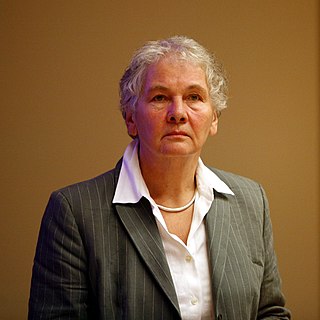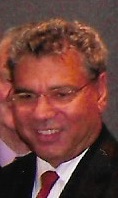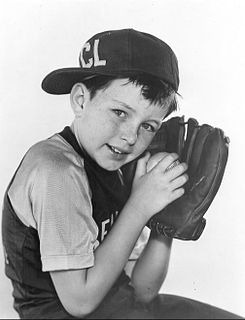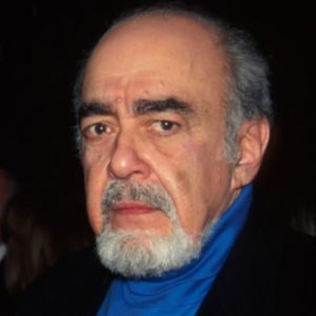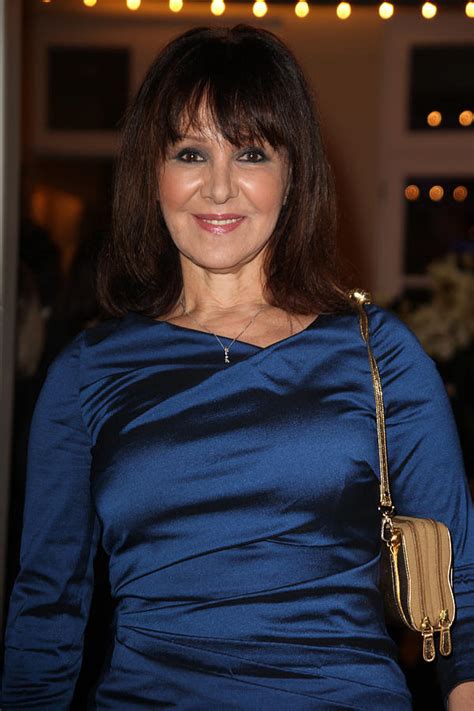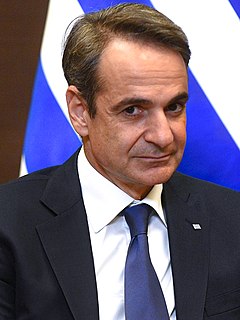A Quote by Christiane Nusslein-Volhard
I had a very intense relationship with my father, who was always extremely interested in what we kids were doing. I actually think the secret of many successful women is having a father who encourages them.
Related Quotes
We were very - we were a working family, and my father had this very simple philosophy, simple working class approach. If you spoke to my father and said, "Mr Smith across the road, what do you think of Mr Smith?", he'd only - he'd only say a couple of words. He'd say, "He's a worker", and that meant this bloke got up in the morning, went out, worked, brought his money home, fed his wife and kids, housed them, got them to school, educated them, made sure they were safe and all that. It had so much connotations to it.
Most of us live in a condition of secrecy: secret desires, secret appetites, secret hatreds and relationship with the institutions which is extremely intense and uncomfortable. These are, to me, a part of the ordinary human condition. So I don't think I'm writing about abnormal things. ... Artists, in my experience, have very little center. They fake. They are not the real thing. They are spies. I am no exception.
My mother had a master's degree and had been a schoolteacher before she started having kids at 30. But my father's family were landowners, farmer-merchants. Moneymaking was extremely important, like one of those semi-rapacious families in Lillian Hellman, where they know the price of everything and the value of nothing.
I didn't like what was on TV in terms of sitcoms?it had nothing to do with the color of them?I just didn't like any of them. I saw little kids, let's say 6 or 7 years old, white kids, black kids. And the way they were addressing the father or the mother, the writers had turned things around, so the little children were smarter than the parent or the caregiver. They were just not funny to me. I felt that it was manipulative and the audience was looking at something that had no responsibility to the family.
All through the short afternoon they kept coming, the people who counted themselves Father's friends. Young and old, poor and rich, scholarly gentlemen and illiterate servant girls—only to Father did it seem that they were all alike. That was Father's secret: not that he overlooked the differences in people; that he didn't know they were there.
